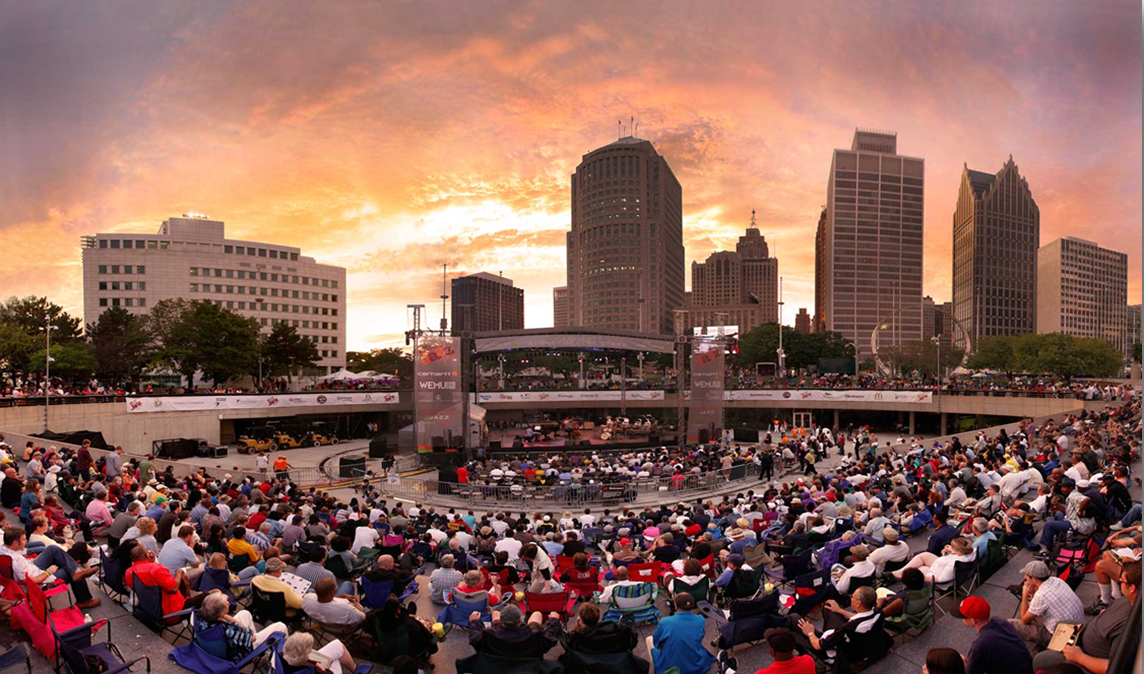 Jazz spans the generations.
Jazz spans the generations.
From its inception more than a century ago when Buddy Bolden started his first band in 1895, growing from a blue seed planted deep in black earth, the treasured art form some refer to as America’s classical music, jazz, encompasses an ever-expanding width and depth spanning the reaches of past, present and future.
And every year, for the past 38 years, Detroit has hosted what has become not only the largest free jazz festival in the world, but also, I would argue, the most authentic. For one thing, it’s in Detroit, so there’s that. We’re the musical center of gravity for the rest of the world, there’s no arguing that (unless you don’t know any better), which right off the bat places a Detroit Jazz Festival at least a few steps ahead of whoever else is pretending to do what we do. Great big steps.
If you doubt that, simply take a look at the year-to-year artist lineup of any Detroit Jazz Festival, going back even to when it was known as Montreaux-Detroit Jazz Festival, and compare that list to any other major jazz festival around the country or around the globe. Year after year, Detroit consistently packs in far more actual jazz per square musical inch. Because some jazz festivals (who shall remain nameless) really should consider removing the word ‘jazz’ from their respective so-called jazz festivals. Because trying to find jazz at those festivals is like trying to find sasquatch at a drive-in. Wearing blue suede shoes. And a tux.
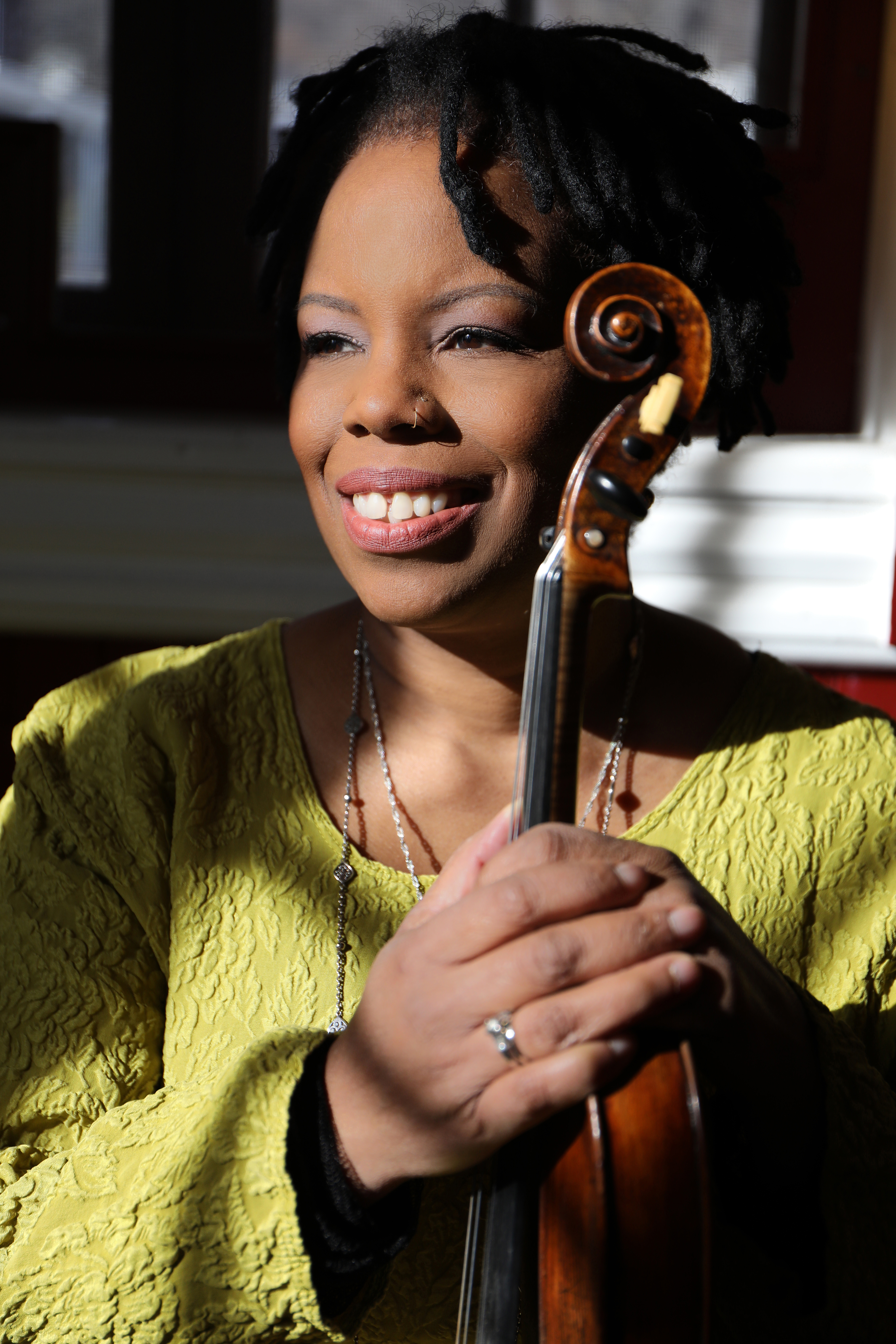
Yeah. Good luck with that.
But here in Detroit? We don’t be fakin’. And our talent well runs so deep that we could probably host an entire Jazz Fest with nothing but Detroit artists – past and present – and still blow the roof off.
Wayne State University’s Director of Jazz Studies Chris Collins, who has also served as President and Artistic Director for the Detroit Jazz Festival for the past six years, has consistently made it a point to highlight the depth of Detroit talent alongside the other mega-stars that are flown in each year. This year’s event over Labor Day weekend will be no different. But, in addition, Collins said he is placing an emphasis on creating a jazz conversation between generations, which is a great concept. Acknowledging how the younger generation of jazz artists is influencing the art form, and recognizing the everything must adapt and remain flexible to survive, Collins says it is important to encourage not only the artistic intergenerational conversations onstage but to also extend those conversations into the audience.
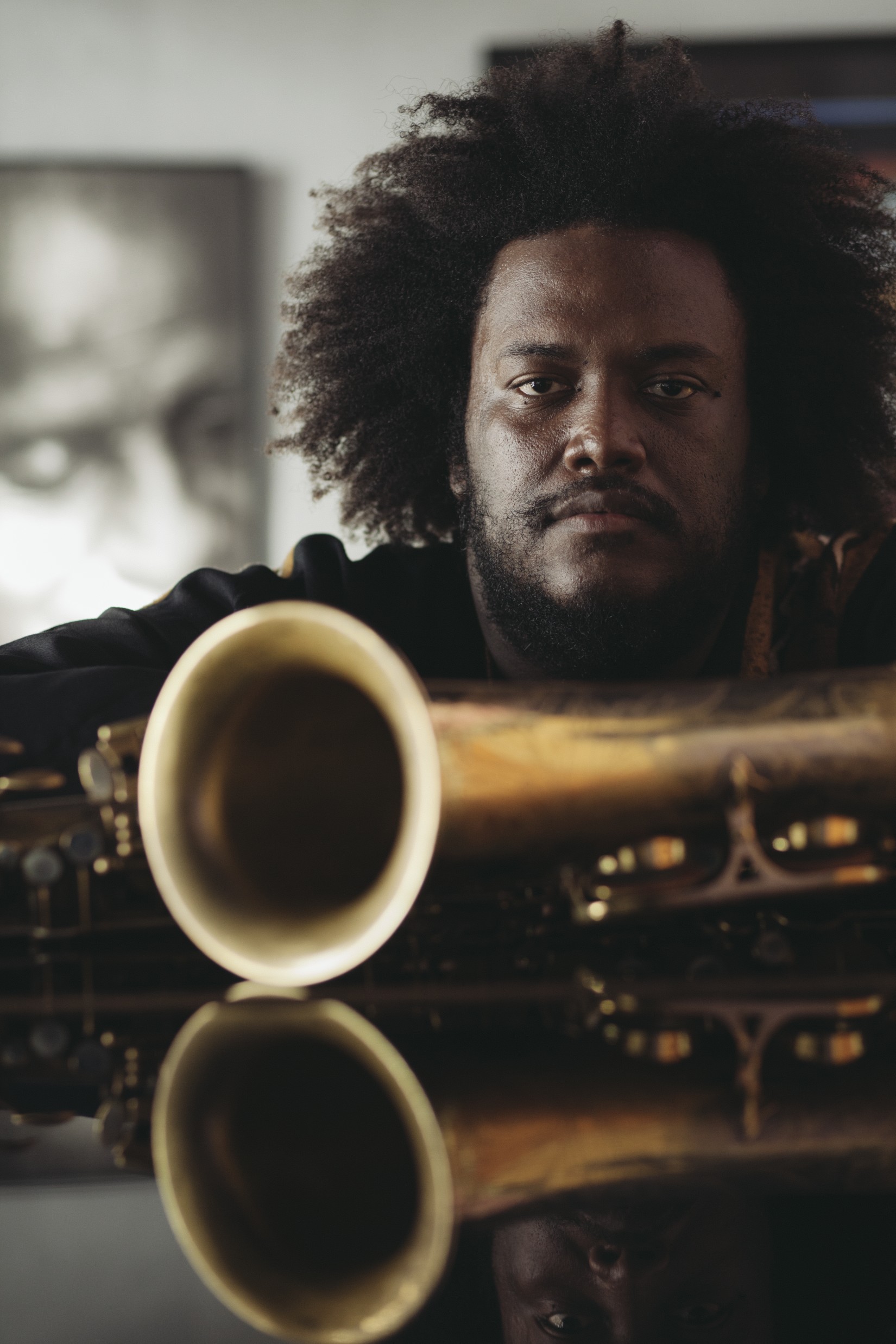
“Multi-generations that speak to all of us. For the audience, it brings opportunities for children and grandchildren, parents and grandparents to interact and discuss sets like Kamasi Washington that might be new to some of the stalwart jazz fans but well-known to their 20-something children or grandchildren,” he said.
“So it’s not just generational interactions on the bandstand but generational interactions in the audience creating the next generation of jazz lovers and creating those conversations just like the wisdom of the legacy players and the energy of the upcoming players. We want to create that in the audience. We want to have kitchen table discussions between generations about the jazz festival, about jazz, about the legacy of Detroit. And by so doing, we’re nurturing this next generation and giving them the wisdom to understand what’s important about Monk, and Ella and Bird.”
Some of the younger generation bringing in influences like electronica, hip-hop, “but these guys are great jazz players. So it’s from the perspective of jazz these guys are bringing these influences in.”
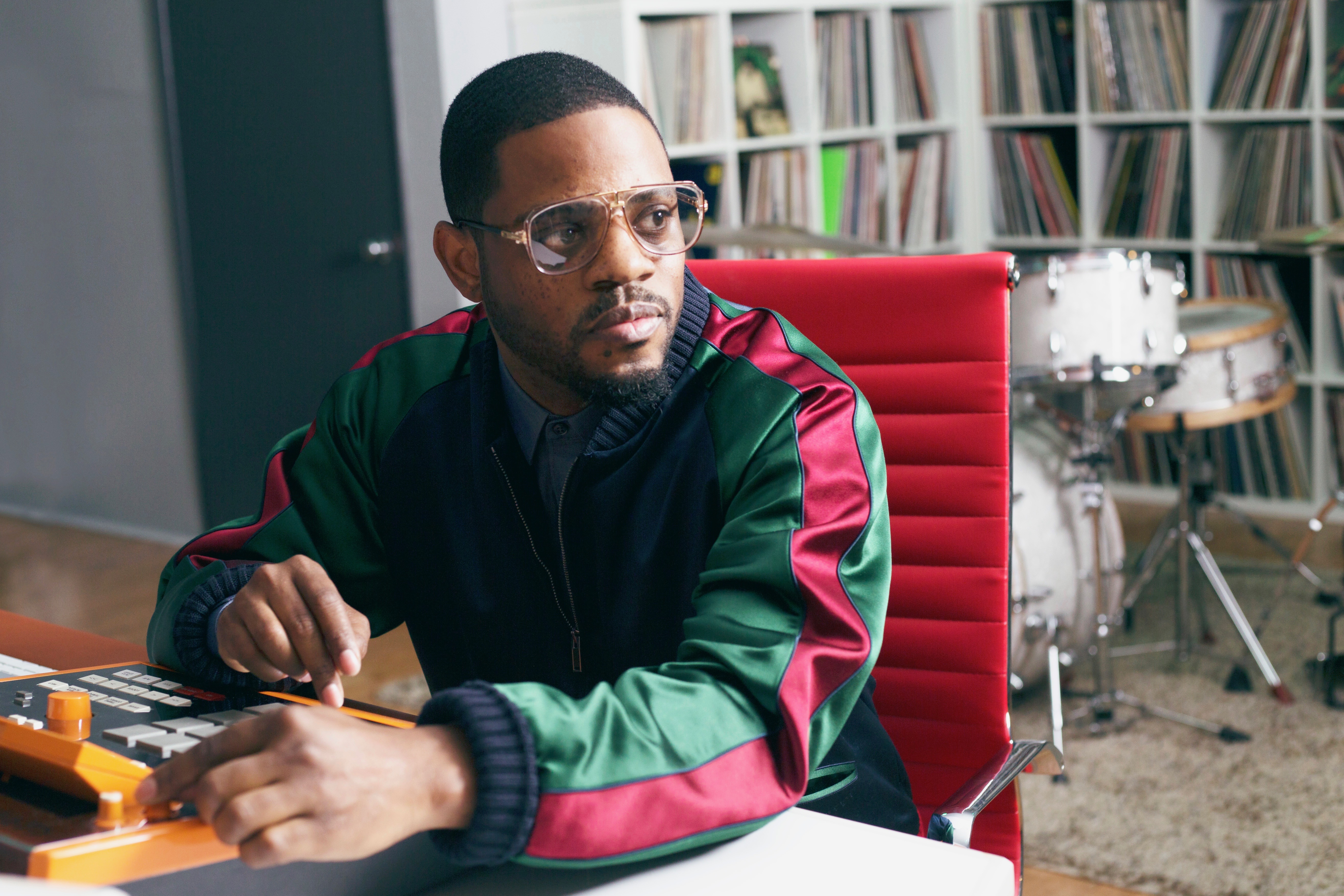
One example of this broader jazz perspective will be a much-anticipated duo set featuring drummer/Detroiter Karriem Riggins and bass phenom Esperanza Spalding. Riggins will also be doing a set with the rap artist Common.
“Jazz and communication can bring us all together in a very special way,” said Collins.
Indeed it can. And among those Detroit artists helping to facilitate the discussion will include (but is not limited to):
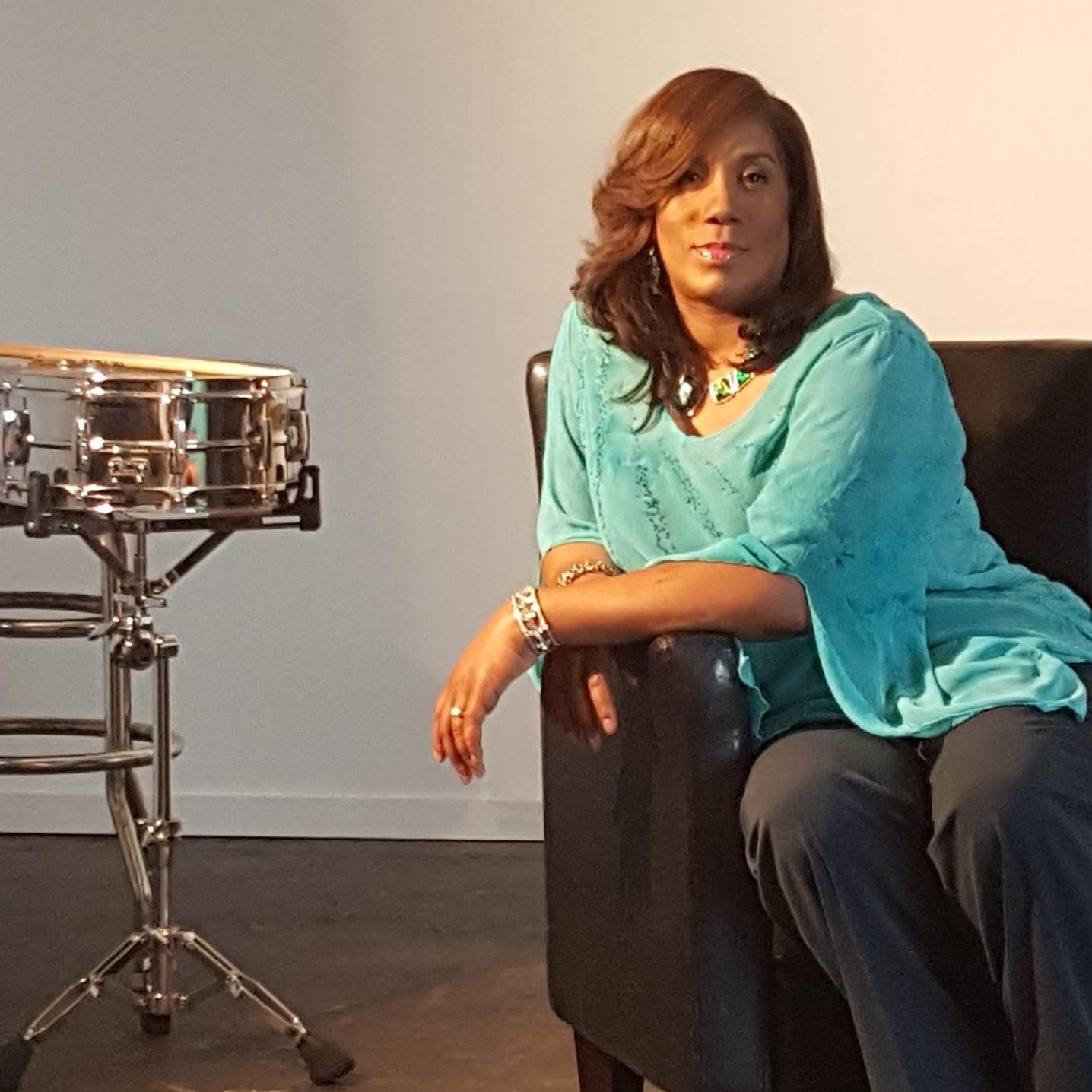
- McKinFolk – Gayelynn McKinney, Vincent Chandler, Dwight Adams, Marcus Elliot, Glenn Tucker, Marion Hayden and Michelle McKinney
- Michael Dease Quintet – Detroit ‘Bone Celebrating J.J. Johnson, Curtis Fuller, & Frank Rosolino – Michael Dease, Sam Dillon, Rodney Whitaker and Keith Hall
- Urban Transport Reunion – Sean Dobbins, Dean Moore, Joseph Diaz and Vincent Chandler
- Vincent Bowens Organ Quartet – Perry Hughes, George Davison, Glenn Tucker and Vincent Bowens
- World Premiere “HANK’S SYMPHONY” the Music of Hank Mobley lyrics by George V. Johnson Jr. special guest Benny Golson – Vincent Bowens, John Douglas, Michael Malis, Marion Hayden and Gayelynn McKinney
- Rodney Whitaker Quintet – Rodney Whitaker, Diego Rivera, Richard Roe, Rockelle Fortin and Kavon Gordon
- The Ali Bey Quartet – Larry Andrew, Tim Stroud, Kasan Belgrave and Ali Bey
- Sheila Landis Jazz – Shelia Landis, Rick Matle and John Lindberg
- The Ron English Jazz Band – John Douglas, Dwight Adams, Davy Lazar, Dominic Bierenga, Jason Didia, Mark Kieme, Zen Zadravec, Jaribu Shahid, Renell Gonsalves and “Dr. Professor” Leonard King
- Dreamers: The George “Sax” Benson Songbook – Glenn Tucker, Vincent York, Wendell Harrison, Vincent Bowens, Steve Wood, Marion Hayden and Renell Gonsalves
- Detroit Public Schools Community District Showcase/All-City Jazz Combo
- C. Heard JazzWeek@Wayne All-Star Youth Combo
- Wayne State University Big Band I with guest artist Rick Margitza